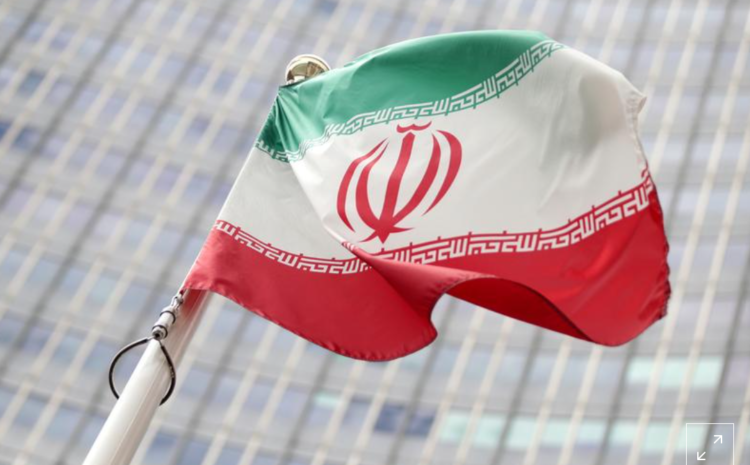The U.N. nuclear watchdog, the IAEA, and Tehran said on Wednesday that Iran had started the work, the latest breach of its agreement with six major powers as it presses for a lifting of U.S. sanctions.
“We strongly encourage Iran to end this activity, and return to full compliance with its commitments under the Joint Comprehensive Plan of Action without delay, if it is serious about preserving this agreement,” France, Britain and Germany said in a joint statement.
Iran has been accelerating its breaches in the past two months. Some of those steps were triggered by a law passed in response to the killing of its top nuclear scientist in November, which Tehran has blamed on its arch-foe Israel.
They are also part of a process of retaliation that Tehran started in 2019 in response to U.S. President Donald Trump’s withdrawal from the deal and reimposition of sanctions that the United States had scrapped in exchange for restrictions on Iran’s nuclear activities.
The three powers, who remain in the deal with China and Russia, said they were “deeply concerned”, and that Iran’s production of uranium metal had no civilian credibility but potentially serious military implications.
Iran’s Atomic Energy Organization said the decision to produce the fuel was unrelated to recent breaches.
“The advanced fuel production plan … was first submitted to the IAEA more than two years ago, as stated in the IAEA’s recent report; meanwhile more information was sent in several stages and finally the design questionnaire information has been sent to the IAEA,” said a statement carried by state media.
The nuclear deal bans Iran for 15 years from producing or acquiring uranium metal, a material that can be used in the core of a nuclear bomb.
The Iranian breaches raise pressure on U.S. President-elect Joe Biden, who has pledged to return the United States to the deal if Iran first resumes full compliance. Iran wants Washington to lift sanctions first.
Reporting by John Irish; additional reporting by Dubai newsroom; Editing by Clelia Oziel and Kevin Liffey
Our Standards: The Thomson Reuters Trust Principles

